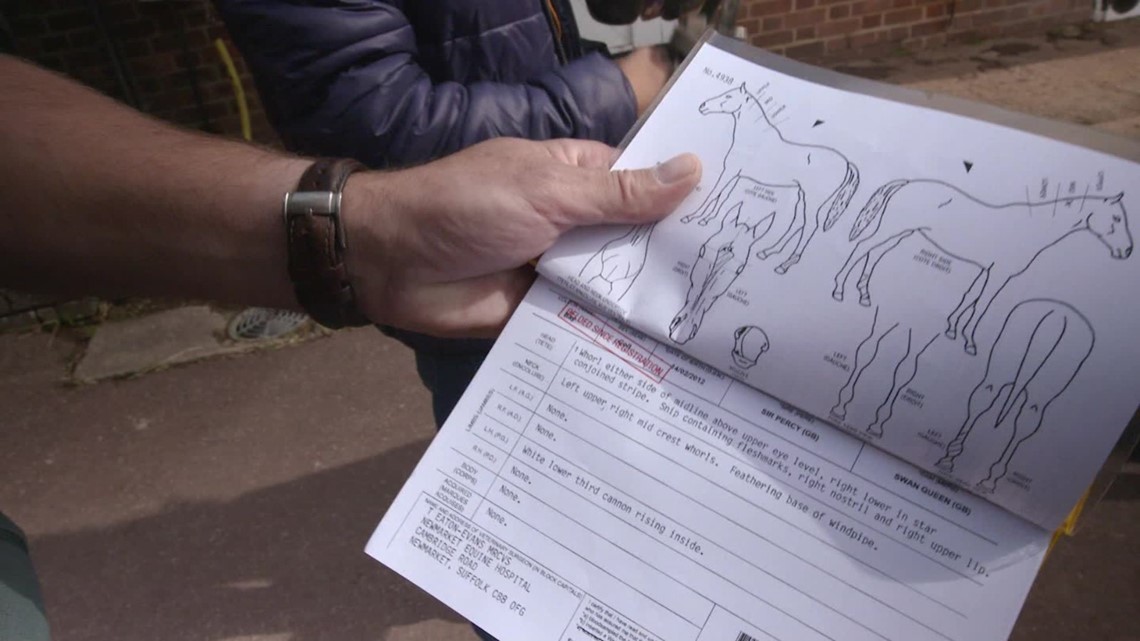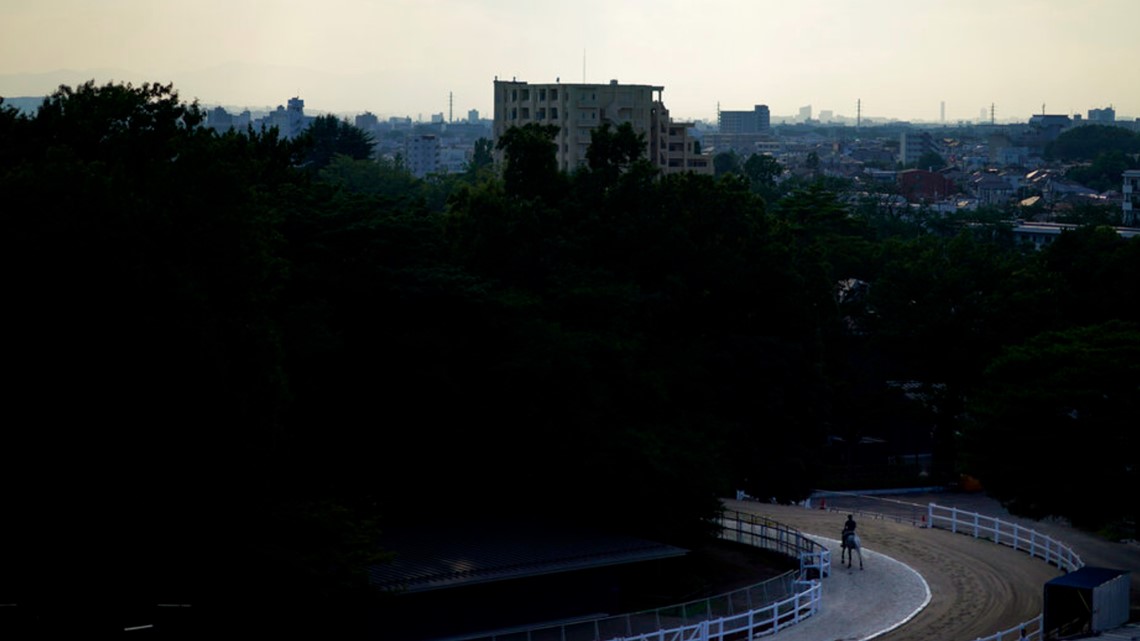TOKYO, Japan — The equestrians competing in the Tokyo Olympics don't just have to deal with the pressures of being world-class athletes. They also have to figure out the logistics of transporting a horse across international borders which, as it turns out, is either harder or easier than it seems, depending on how you feel about water-fortified hay.
Any discussion about equine travel needs to begin with the revelation about the existence of horse passports. They're seriously a thing, and are distributed by the governing body of equestrian competition in a given country.
In the U.S., a horse passport runs for $300 for international travel, and one report says a name change can run for $1,000. These have information about a horse's unique markings and characteristics, as well as their vaccination details.
> Watch the video above to learn about the rules of Olympic equestrian events.
As for topics that no horse ever wants to talk about, they also have a section for whether a horse's meat can be eaten after it dies.
Here's a CNN photo of a horse passport, just because we need to reflect on the fact that they exist:


Once the paperwork is in order, the real planning begins. For previous Olympics that aren't in the middle of a global pandemic, planning can take years, and the accommodations for the horses and their travel arrangements are booked far ahead of time.
Forbes reports that the U.S. Equestrian Team has already started planning for the 2024 games in Paris, and that this unique games required the equivalent of six years of planning in six weeks.
Each individual country also requires quarantine for animals. Since the horses don't live on the Olympics complex in Tokyo, they actually have their own Olympic Village, according to yahoo! news.


For this year's Olympics and Paralympics, approximately 325 horses needed to travel to Tokyo. They don't travel alone either: they'll have vets and groomers with them to tend to their needs.
Most of the horses flew through Liege, Belgium, which has its own "special hotel for horses." Their Olympic journey actually began at the start of the summer with 60 days of health monitoring and a seven-day quarantine.
Up next is a flight on the Emirates SkyCargo Boeing 777-F, which was equipped with what was essentially business class for horses. By that, we mean there were two horses to a stall instead of the usual three, because these horses are champions and they deserve luxury.
These flying stables are kept at a balmy 60 degrees. Since dehydration is the biggest concern when it comes to horses and traveling, they're given hay with a high water content, and lots of water.
Hay is indeed for horses, and so are other snacks, like bananas, apples and carrots.
Once the horse's passports were verified in Tokyo, they were transported to the Tokyo 2020 Equestrian Park courtesy 11 air-conditioned trucks.
If you're more of a visual learner, the U.S. Olympic team showed off their horse transportation process in the TikTok below. You can catch the next equestrian event on Aug. 2.
SUGGESTED VIDEOS: Latest from 9NEWS

